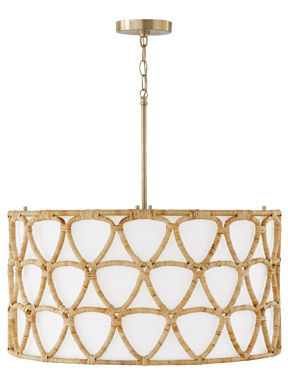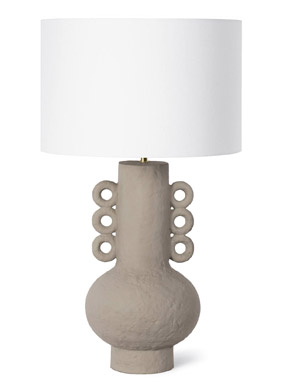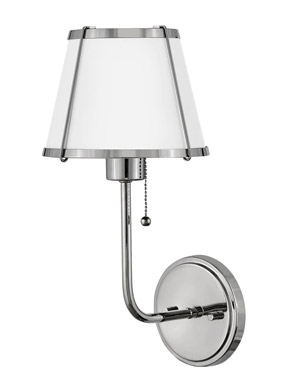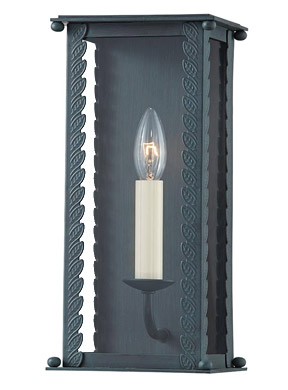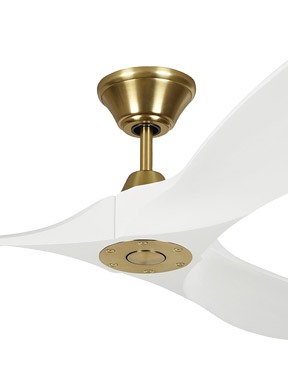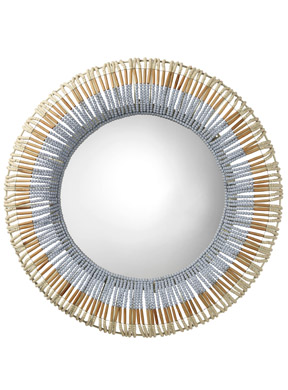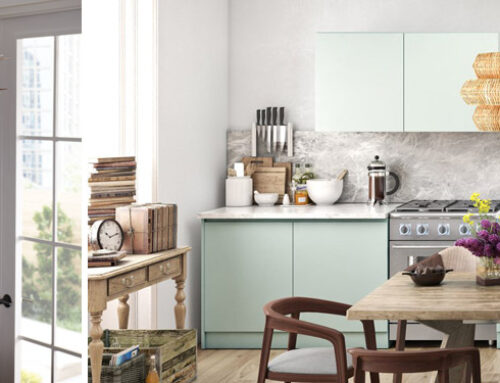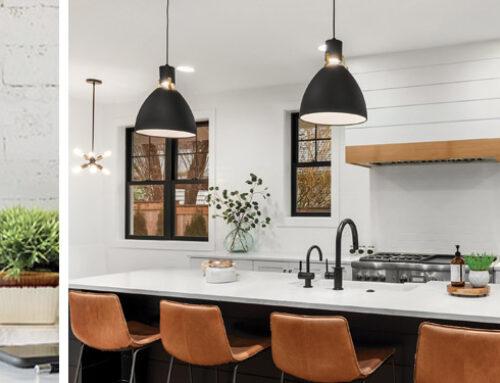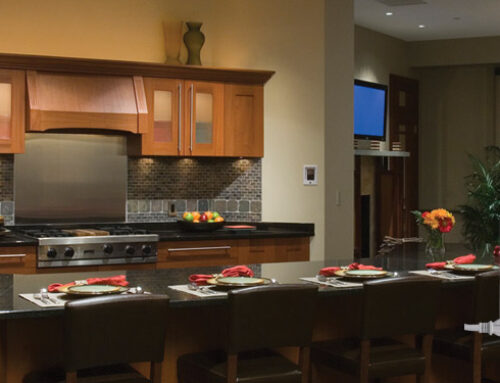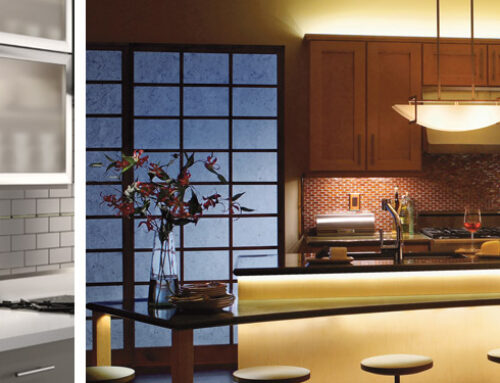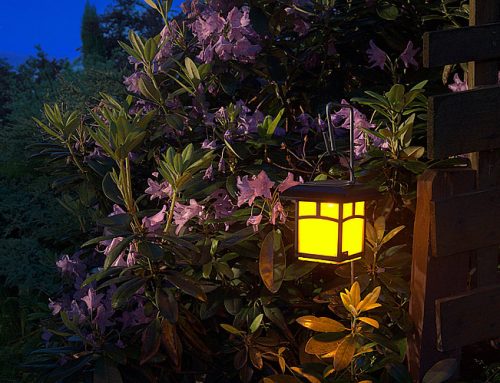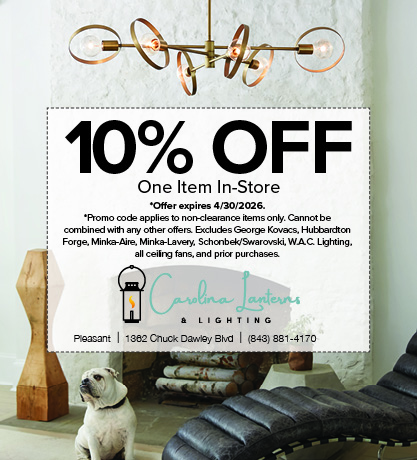Everyone knows that LED light bulbs are the best option for lighting your home nowadays. They are more efficient and can save you hundreds of dollars each year on utility costs. But how do you know what type of LED bulb to choose?
Types of LED Bulbs
Begin by assessing the location of the bulb. There are several types of LED bulbs:
- Standard LED light bulbs
- Can LED light bulbs
- Flood LED light bulbs
- Track LED light bulbs
- Tube LED light bulbs
Standard LED bulbs, sometimes called A19 bulbs, are used for many ceiling lights, wall lights, and table and floor lamps, as well as some bath lights.
Kitchen ceiling lighting often utilizes Can or Flood LED bulbs, depending on the width of the opening. Existing track lighting can be adapted with LED bulbs, but check with your lighting professional for the best replacement bulbs. Tube LED bulbs are most often used in office or commercial settings, and sometimes also in kitchens or workspaces.
Amount of Wattage
The brightness of all types of LED bulbs is measured in lumens. A higher lumen number means a brighter light.
Incandescent bulb brightness is measured in watts. Because LEDs use far less energy than incandescents, a better way to gauge the brightness of LED bulbs is to compare lumens.
For example, a traditional 60-watt light bulb will emit around 700 lumens. An LED bulb with comparable lumens uses less than 10 watts of electricity.
Lumens = the amount of light the bulb gives off
Wattage = the amount of energy a bulb uses
To choose the most energy-efficient light bulb without sacrificing brightness, check the lumens per watt ratio on the bulb’s packaging. The greater the lumens-to-watts ratio, the more energy-efficient the bulb.
Color Temperature
Another quality of LED bulbs to consider is the color temperature. As you can see in the chart below, the color temperature of LED bulbs can range from a warm amber to bright daylight. Choose a bulb that gives you the type of light you wish for the room and how you use that room. For instance, you may buy a warmer temperature bulb for your table and floor lamps in the living room, when you may want a comfortable, ambient light for entertaining or watching TV. However, you may opt for a neutral or cooler white light for your desk lamp, when you want to see clearly and avoid eye strain or fatigue. An outdoor fixture usually provides the best overall light at a neutral temperature, say, 4500 lumens.

Color Temperature
Another quality of LED bulbs to consider is the color temperature. As you can see in the chart below, the color temperature of LED bulbs can range from a warm amber to bright daylight. Choose a bulb that gives you the type of light you wish for the room and how you use that room. For instance, you may buy a warmer temperature bulb for your table and floor lamps in the living room, when you may want a comfortable, ambient light for entertaining or watching TV. However, you may opt for a neutral or cooler white light for your desk lamp, when you want to see clearly and avoid eye strain or fatigue. An outdoor fixture usually provides the best overall light at a neutral temperature, say, 4500 lumens.
There are many other options for LED replacement bulbs, depending on the fixture, the needs of the room or space, and your personal preferences. Our lighting professionals are familiar with all the new LED bulbs specifications and can guide you in making the best choice for your home.

